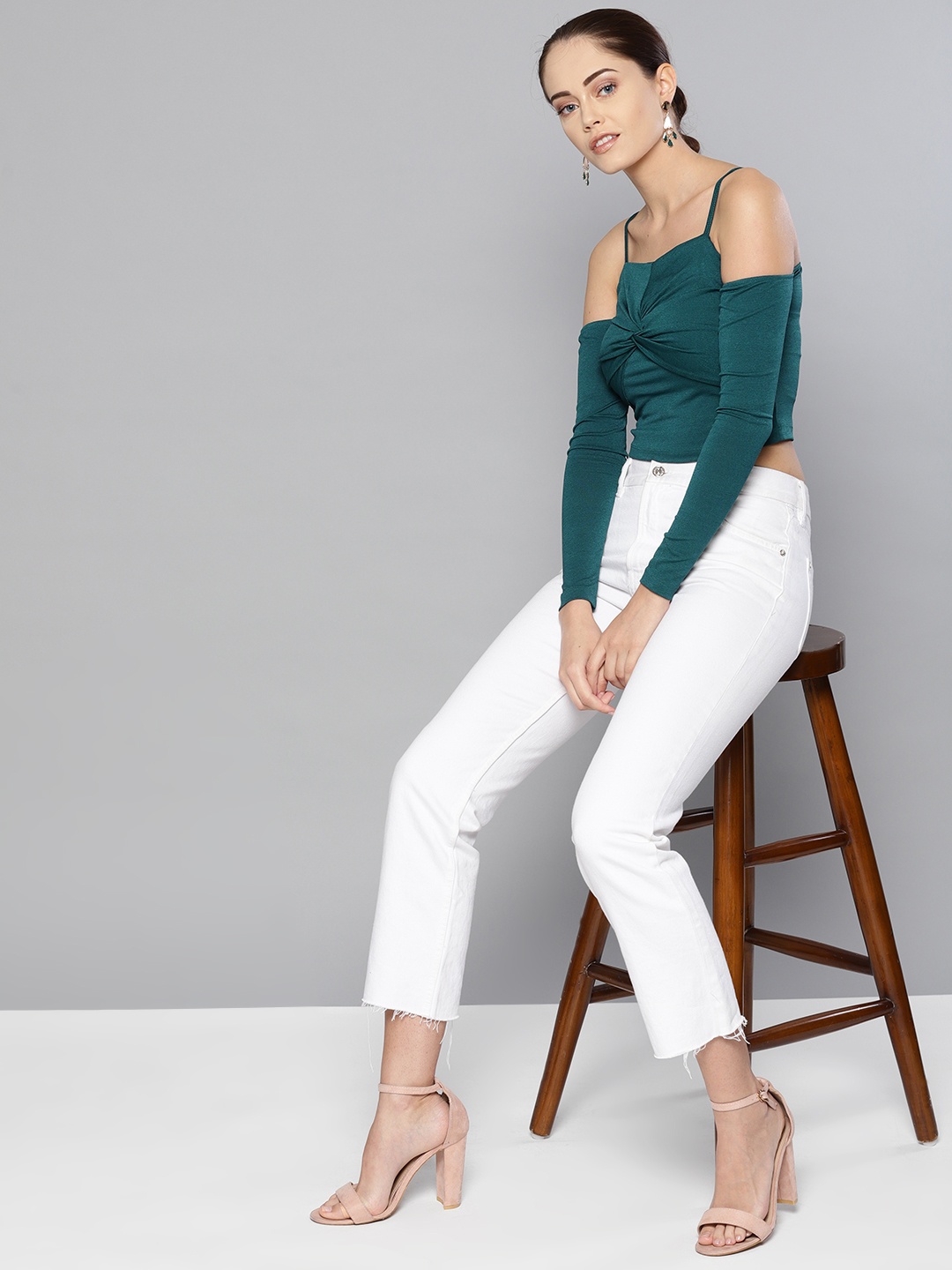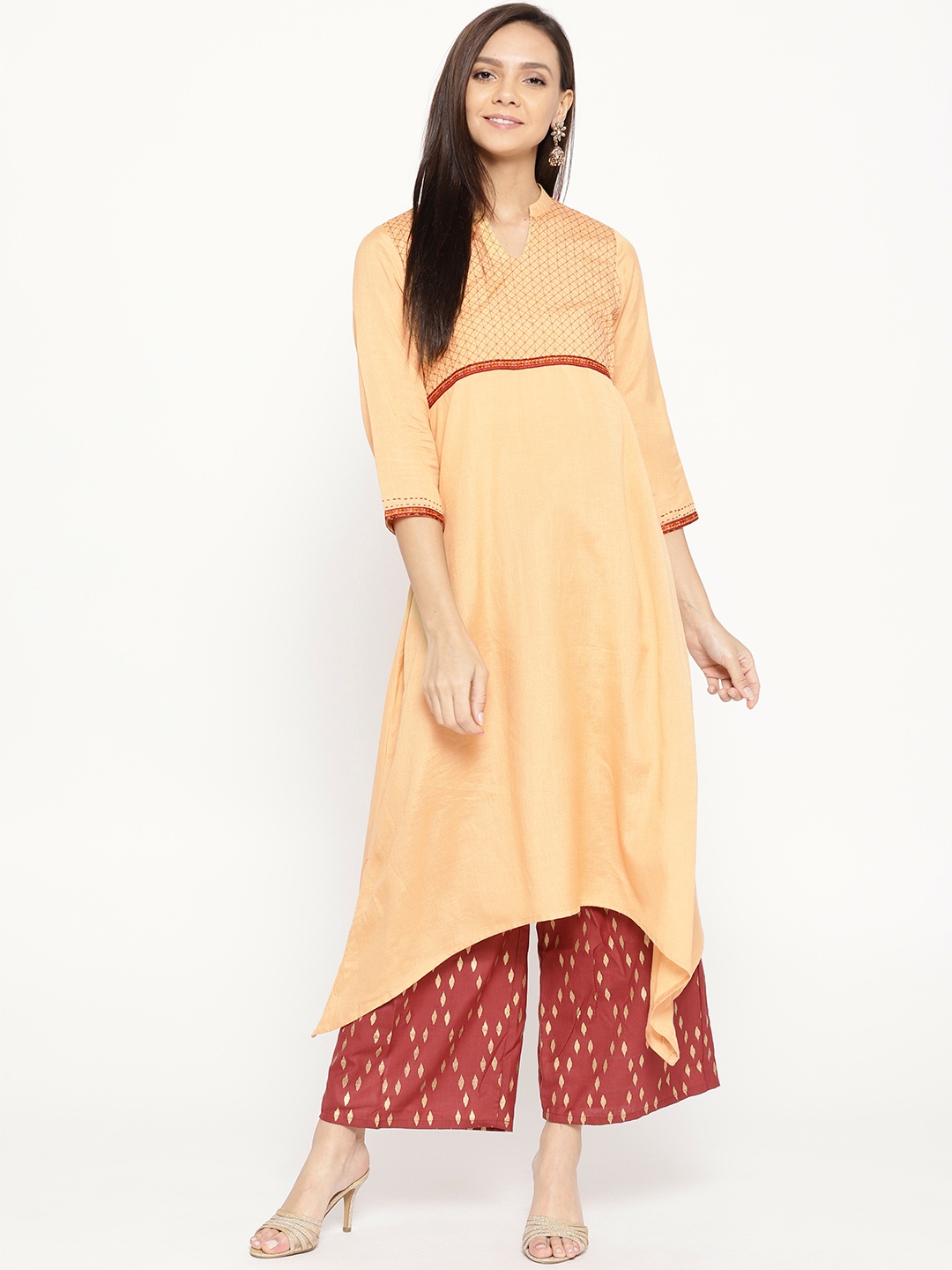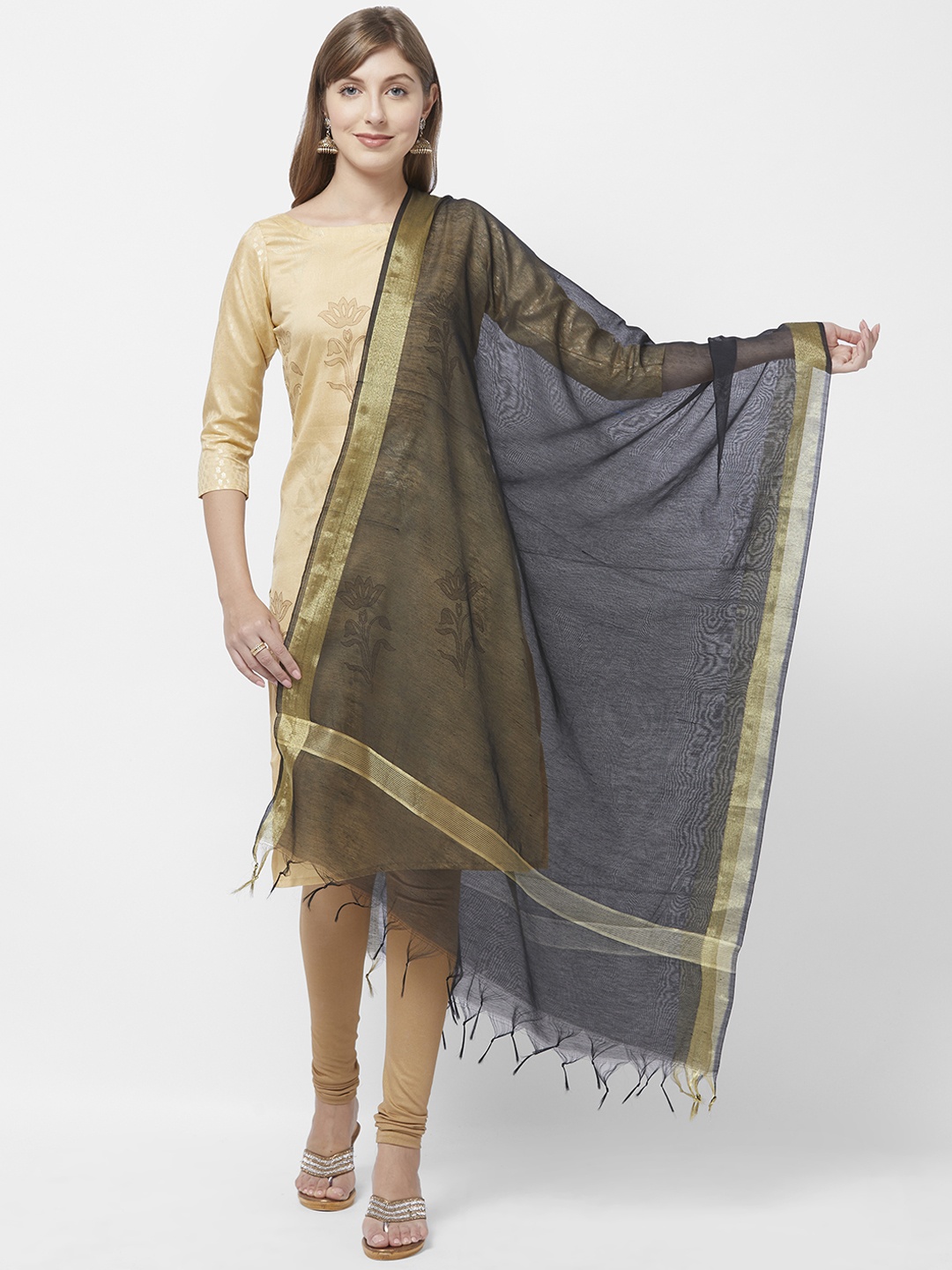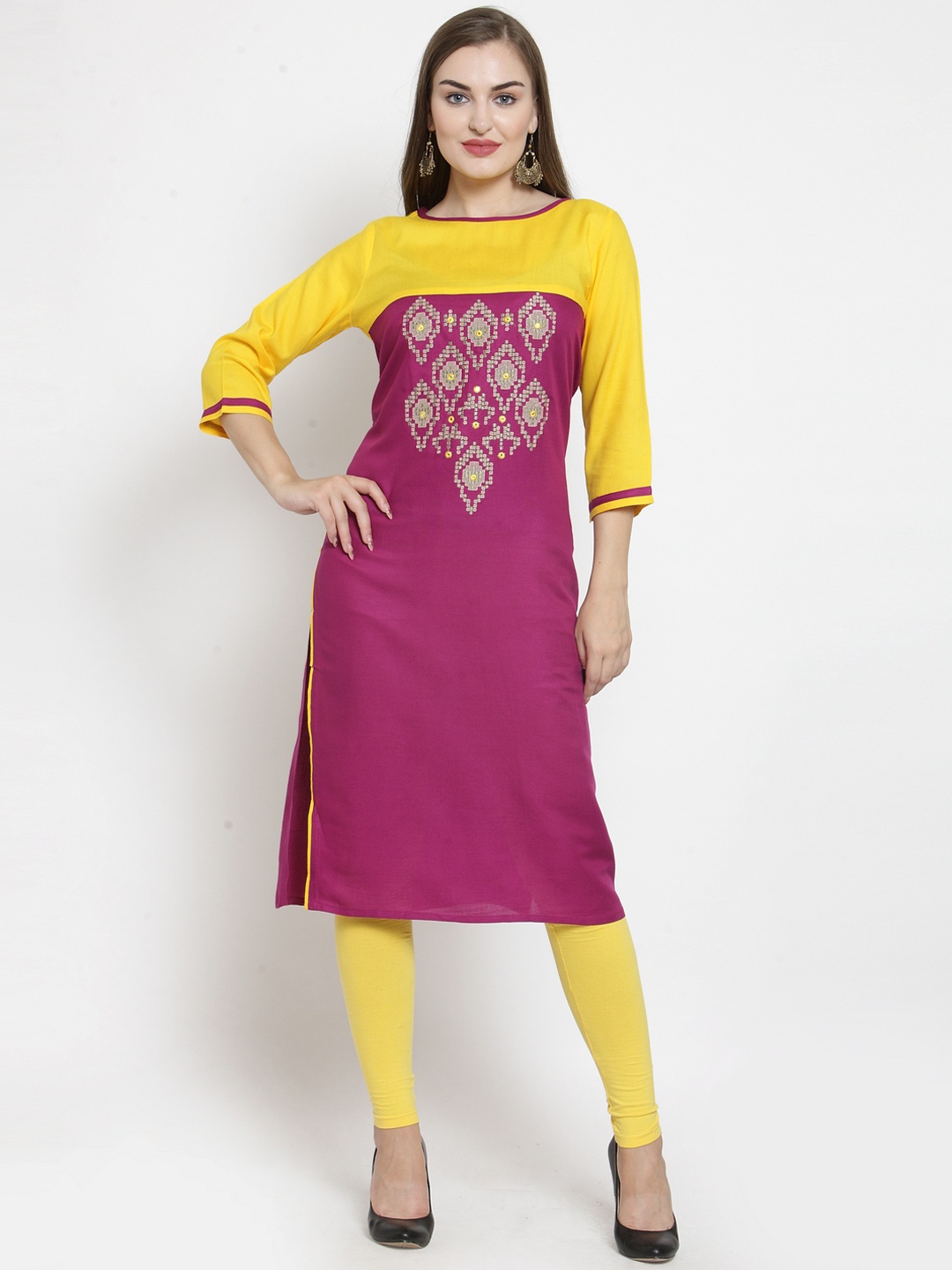How To Pick Shoes For Field Jobs Without Sacrificing Style: A Complete Guide
Finding the right shoes for field jobs is like finding a good cup of chai on a rainy day, comforting, dependable and surprisingly stylish if you know where to look. Check out the top picks, including from Mochi, Wrogn, Bata to Roadster.

Find Your Perfect Fit: Choosing Comfortable And Durable Shoes for Demanding Field Work Tasks.
For those who spend more time outdoors than in air-conditioned offices, shoes are not just accessories, they're survival gear. A wrong choice can turn a productive day into a painful ordeal, while the right pair can make one stride with ease, confidence, and a quiet touch of flair. Field jobs come with their own set of challenges: unpredictable terrain, long hours, and weather. Yet, looking presentable remains part of the unwritten rule of professionalism. Here's a complete guide to choosing shoes that can take a beating in the field yet still look good enough to wear to that evening get-together.
So, if you want to step into comfort and style, here is the ultimate guide to choosing durable, stylish, and comfortable shoes designed for field work and long hours. Check the top picks too, from Mochi, Wrogn, Bata to Roadster.

How To Pick Shoes For Field Jobs Without Sacrificing Style; Photo Credit: Pexels
Let's Break It Down: The 10 Essentials Of Picking The Perfect Field Shoes
1. Start with the Right Foundation: Know Your Terrain
Before walking into a shoe store, think about where those shoes will take you. Are you treading through dusty construction sites, wet paddy fields, or uneven factory grounds? Each surface demands a different kind of sole and material.
For rough, rocky ground, thick rubber soles with deep treads are your best ally. They grip well, prevent slips, and absorb shock from uneven surfaces. In contrast, for smoother factory floors or office-field hybrid jobs, go for slightly sleeker shoes with good cushioning and anti-slip features.
Leather remains a timeless choice for durability, but synthetic options are catching up fast. They're often lighter and easier to clean. And when the monsoon strikes, waterproof boots are your saviour; nobody wants squelchy socks during site visits.
Think of your shoes as tools, not ornaments. Once they match your terrain, half the battle is won.
2. Comfort Isn't a Luxury, It's Non-Negotiable
Fieldwork is no place for sore feet. Comfort determines how well one performs throughout the day. Yet, too many people still pick shoes based on looks alone and pay the price with blisters and fatigue.
Start by checking the fit, not just length, but width and arch support too. Feet tend to swell slightly as the day progresses, especially in the heat, so try new shoes in the evening when your feet are at their largest.
A padded insole can feel like walking on clouds, while breathable linings prevent sweaty discomfort. Memory foam and gel insoles are worth every rupee; they mould to your foot and cushion each step.
When you're spending 8–10 hours on your feet, comfort isn't indulgence; it's productivity. After all, nobody's winning employee of the month limping around in stiff leather.
Also Read: Affordable And Trendy: Top 5 Loafer Shoes For Men Who Hate Laces, From Bata, Ajanta To DMY
3. Durability Over Drama: Pick Materials That Last
A stylish pair of shoes is great, but one that falls apart after a few months isn't worth the ₹3,000 splurge. The true measure of value lies in longevity.
Look for double-stitched seams, sturdy soles, and reinforced toes. Shoes made from full-grain leather or high-quality synthetics can handle dust, moisture, and daily wear far better than cheaper counterparts. If your job involves heavy equipment or potential impact, steel-toe or composite-toe boots are a must.
Regular care makes all the difference, too. Clean off the dust, polish when needed, and air them out after long days. Think of it as maintenance for a loyal companion; they protect your feet; the least you can do is return the favour.
Durability doesn't mean dull. Today's work shoes come in sleek designs that can easily transition from site visits to client meetings without anyone batting an eye.
4. Breathability: Because Feet Deserve Fresh Air Too
Hot climates can make fieldwork a sweaty affair. Trapped moisture inside shoes isn't just uncomfortable, it's the perfect recipe for odour and fungal issues.
Opt for breathable materials like mesh panels, perforated leather, or moisture-wicking linings. They allow air circulation, keeping your feet dry and cool. If you're working in wet environments, balance waterproofing with breathability; Gore-Tex and other modern membranes manage this beautifully.
Also, remember the socks. Cotton blends are fine, but bamboo or moisture-wicking athletic socks are even better. They help reduce sweat and friction. After all, even the best shoes can't save you from smelly socks.
Fresh feet mean fresher moods. And that makes all the difference when you're out in the field all day.

How To Pick Shoes For Field Jobs Without Sacrificing Style; Photo Credit: Pexels
5. Safety First, Always
No matter how good your shoes look, they must protect you from workplace hazards. Safety footwear isn't just for factory workers; anyone who spends time outdoors needs basic protection.
Steel or composite toes protect from falling objects, while slip-resistant soles guard against spills or oily floors. For electricians, shoes with electrical hazard protection are non-negotiable. If you work in muddy areas or with chemicals, waterproofing and acid-resistant soles are lifesavers.
Safety standards matter. Look for certifications like ISI or CE marks; they indicate the shoes have been tested for specific safety parameters.
Remember, accidents don't give warnings. A good-looking shoe is nice, but one that prevents injury is priceless.
6. Keep It Light: The Power of Weightless Walking
Dragging heavy shoes all day can make even a short walk feel like a trek up a hill. Lightweight shoes can be game-changers, especially for field professionals constantly on the move.
Modern materials like EVA midsoles and thermoplastic outsoles reduce weight without compromising strength. They also improve flexibility, allowing your feet to move naturally.
Just because a shoe is light doesn't mean it's flimsy. The trick lies in finding brands that combine strength and comfort. You'll know it's right when your feet stop complaining by lunchtime.
Lightweight doesn't mean less professional either. Sleek, minimal designs with functional features can look sharp without adding bulk. After all, nobody ever said being sturdy had to feel like wearing bricks.
7. Style That Works Hard
Practicality doesn't mean saying goodbye to good looks. Gone are the days when work shoes were just dull brown clunkers. Today's designs come with stylish cuts, polished finishes, and subtle colours that blend function and flair.
Neutral shades like tan, black, or dark brown pair easily with most work attire. A clean, streamlined design without unnecessary bulk looks smart without trying too hard. If your job occasionally takes you from field to boardroom, these shades save you from last-minute shoe swaps.
Polish adds instant appeal. A well-kept pair of boots or derbies can quietly elevate your look, proof that style and substance can indeed walk hand in hand.
The right shoes don't shout for attention; they earn it quietly, one confident step at a time.

How To Pick Shoes For Field Jobs Without Sacrificing Style; Photo Credit: Pexels
8. Seasonal Smartness: Match Shoes to the Weather
Fieldwork doesn't pause for the weather, so your footwear shouldn't either. The secret is to rotate shoes according to the season.
During summer, breathable shoes with moisture control are best. Come monsoon, waterproof boots or rubberised soles keep your feet dry and slip-free. In cooler months, insulated shoes or thicker socks offer warmth and comfort.
Don't rely on one pair for all seasons; even shoes need rest. Rotating between two pairs not only prolongs their life but also keeps odours at bay.
It's a bit like tailoring your wardrobe; what works in May may not survive a stormy July. Plan ahead, and your shoes will never betray you halfway through the day.
9. Fit Is Everything
A good-looking shoe that doesn't fit well is like wearing someone else's glasses; it just feels wrong. Fit determines comfort, performance, and even posture.
When buying shoes, wear the same type of socks you'd normally use for work. Check the toe room; there should be a thumb's width of space at the front. Make sure your heel doesn't slip out while walking.
Different brands have slightly different fits, so don't assume your size is universal. Walk around the store, bend your knees, climb a few steps if possible; it's worth the small embarrassment to avoid a week of blisters.
And never believe the myth that shoes “break in” later. If they're uncomfortable at the start, they'll only get worse. Fit is not a luxury; it's a necessity.
10. Maintenance: Keep Them Looking and Lasting Good
Even the toughest shoes need a bit of TLC. Proper care extends their life, keeps them looking sharp, and saves money in the long run.
After each use, wipe off dirt and dust with a soft brush or a damp cloth. Air them overnight, which prevents odour and moisture build-up. Once a week, polish leather shoes to keep them supple and shiny. Synthetic shoes might just need a gentle wash with mild soap and water.
During the monsoon, stuff your shoes with newspaper to absorb moisture and maintain shape. And store them in a cool, dry place, not under the bed or inside a damp cupboard.
Caring for your shoes is like caring for your tools; treat them well, and they'll never let you down.
Products Related To This Article
1. ASIAN Men Colourblocked Round Toe Mid-Top Sneakers
2. Flying Machine Men PU Sneakers
3. Mochi Men Woven Design Slip-On Sneakers
4. Roadster The Lifestyle Co.Men Colourblocked Sneakers Casual Shoes
5. Jack & Jones Men Round Toe Memory Foam Lace-Ups Sneakers
6. Bata Men Comfort Insole Penny Loafers
7. WROGN Men Woven Design Slip-On Sneakers
Choosing shoes for field jobs isn't just about fashion or function; it's about finding harmony between the two. The right pair will protect your feet, boost your confidence, and silently complement your style.
Every day in the field brings its share of dust, deadlines, and detours, but your shoes can keep you grounded, literally and figuratively. With the right mix of comfort, durability, and design, you don't have to pick between looking good and feeling good.
So, the next time you slip into a new pair, remember: style doesn't mean shiny; it means suitable. Walk smart, walk strong, and let your shoes tell your story, one confident step at a time.
Disclaimer: The images used in this article are for illustration purposes only. They may not be an exact representation of the products, categories, and brands listed in this article.

























